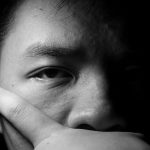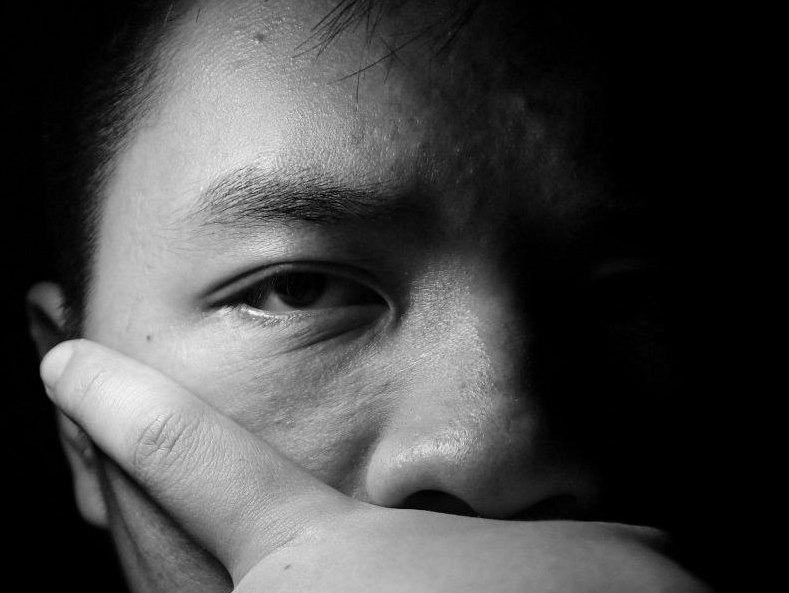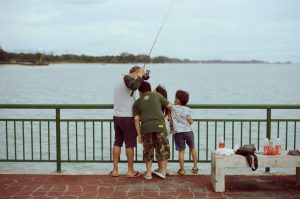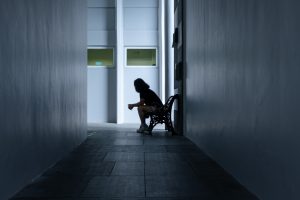Content warning: Suicide, mental health.
I was 18 when I was first diagnosed with Type 2 Bipolar Disorder. This was after having many manic episodes that I didn’t know were not normal.
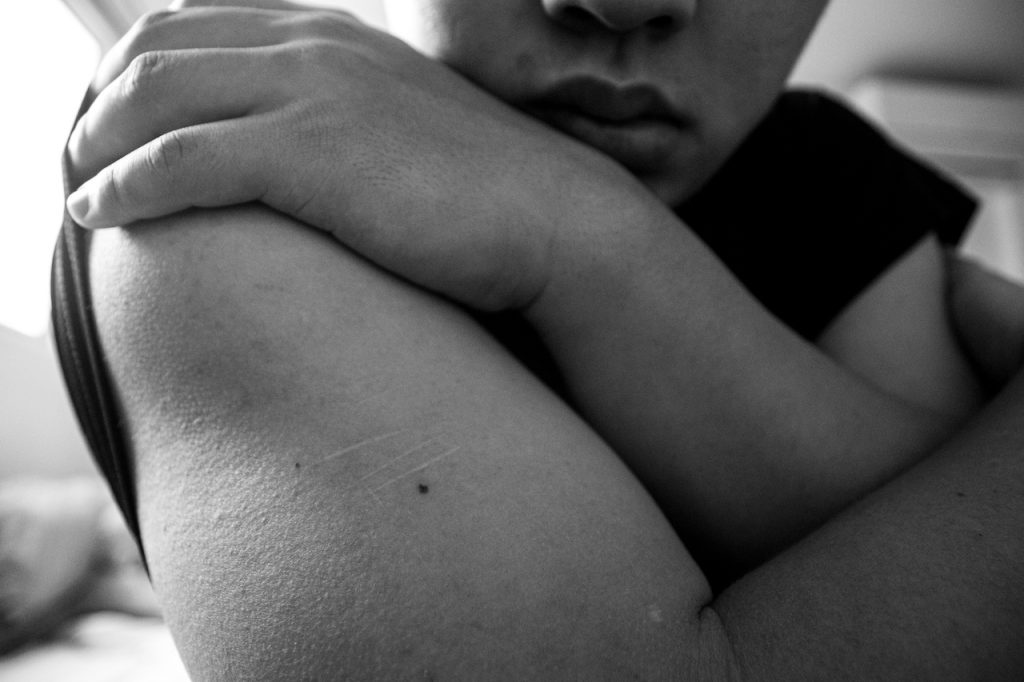
Self harm tendencies are super strong when it comes to any early onset of my condition. It’s not about feeling pain, but wanting the thought of feeling pain to just stop. It is about replacing the mental pain with a physical one.
This is the first and only picture of my scars.
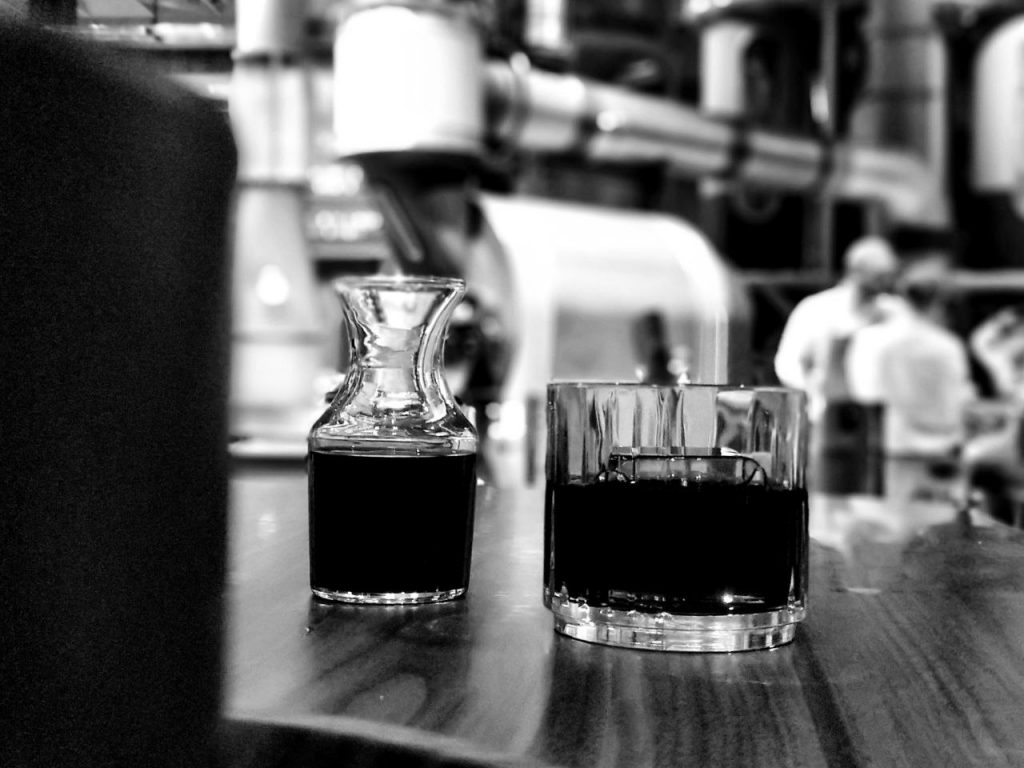
Alcohol was and is still one of my unhealthier coping mechanisms. It makes me feel numb and desensitized to emotional fluctuations. It enables me to feel stable, and in that moment, genuinely happy.
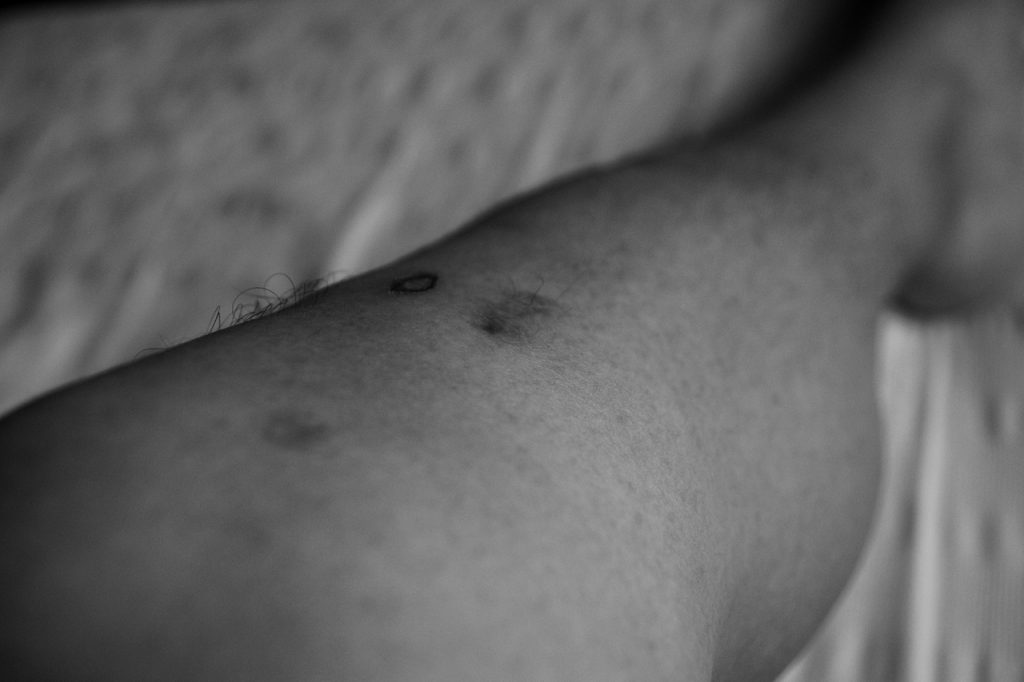
Scars from my knee surgery.
A recent ACL tear caused me to suffer a relapse—this after being stable for close to 2 years during my NS days. Stress from the initial period of starting NS did not help. Suicidal tendencies grew worse.
But I knew I didn’t want to die. I just wanted to stop feeling this way.
How being manic affects me
On a good day, I am super happy. I am invincible. I am the idea machine.
Once, I spammed all my friends with 100 ideas that I was working on, telling them I loved them (yea yall mother fuckers be loved). I jumped from one task to another without actually completing any of them. Brain go skrrt. I was jolly. Life felt like sunshine and flowers.
But being high doesn’t mean everything is fine. Those racing thoughts and ideas were in my brain 24/7, even when I was trying to sleep. This never ending brain activity is also present whenever I am depressed.
On a bad day come all the feelings of self-worthlessness and having nothing to live for despite knowing people love me. Believing my loved ones would be better off without my existence. I begin to lose confidence in everything I do. I believe I am a failure. I lose myself in an endless cycle of not feeling good enough.
I constantly feel this even in my crafts. I am just not good enough. And my brain is constantly firing these thoughts.
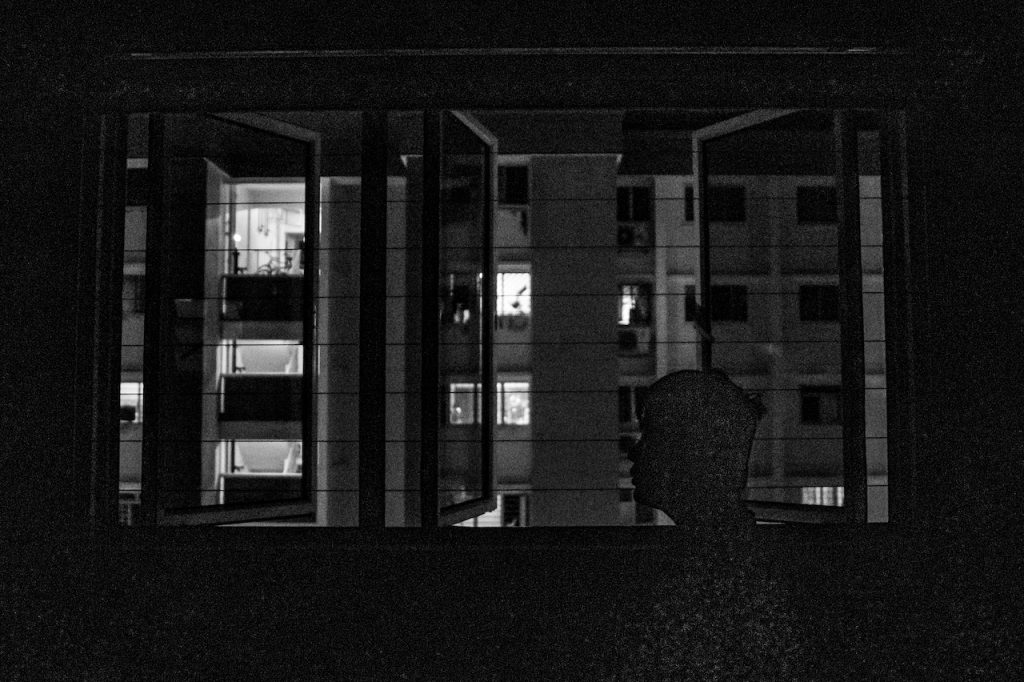
All this mania and firing thoughts have caused me to develop severe insomnia. There have been points during these periods where I almost collapsed due to exhaustion from not sleeping for days.
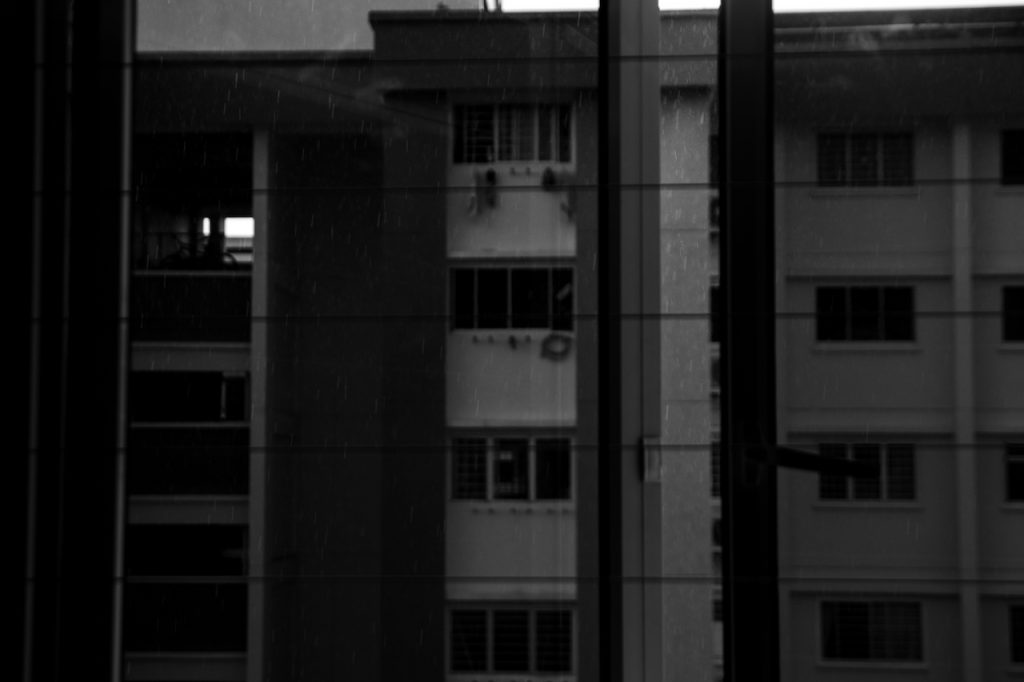
After having so many ups and downs, your brain starts to go grey and blurry and you sort of lose track of yourself and what you are doing.
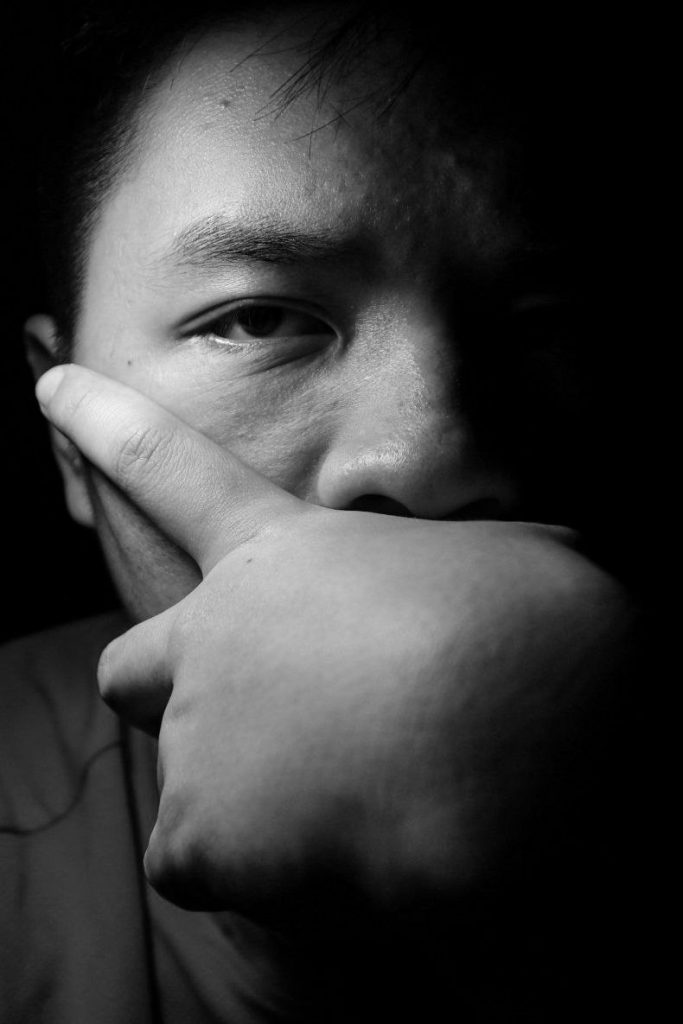
You also start to question which of your moods is the true you. Are you a happy and joyful person? Or a guy who just can’t be happy?
You start to question who you really are as a person. You lose your identity.
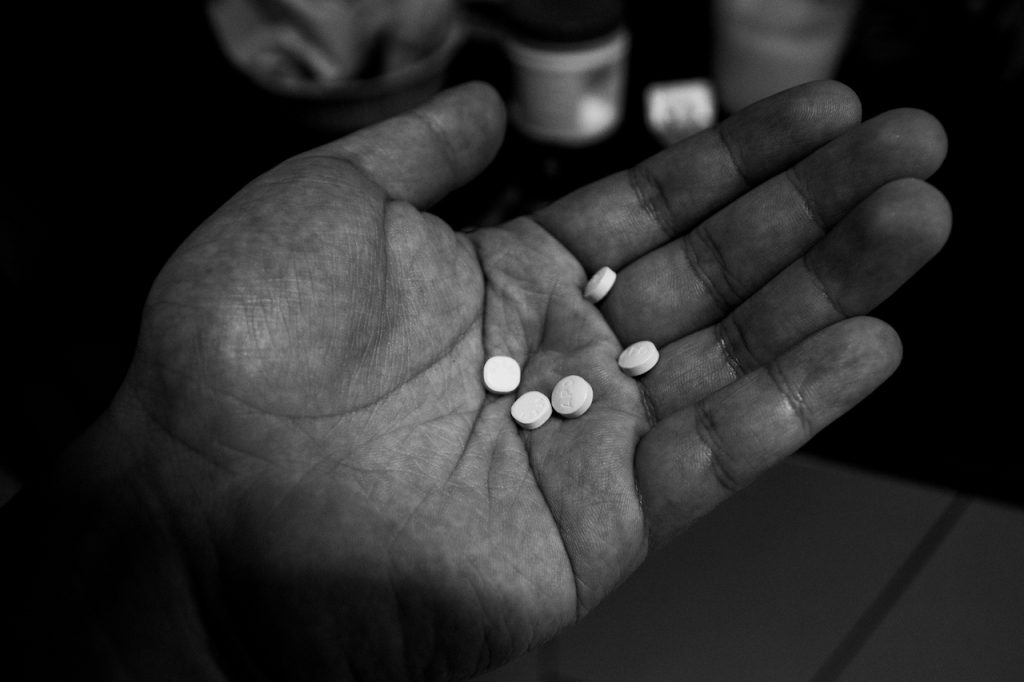
As treatment, 300mg quetiapine and 100mg lamotrigine taken every night can help with stabilising my condition and sleep. But the sleep I get from meds is not as shiok as natural sleep.
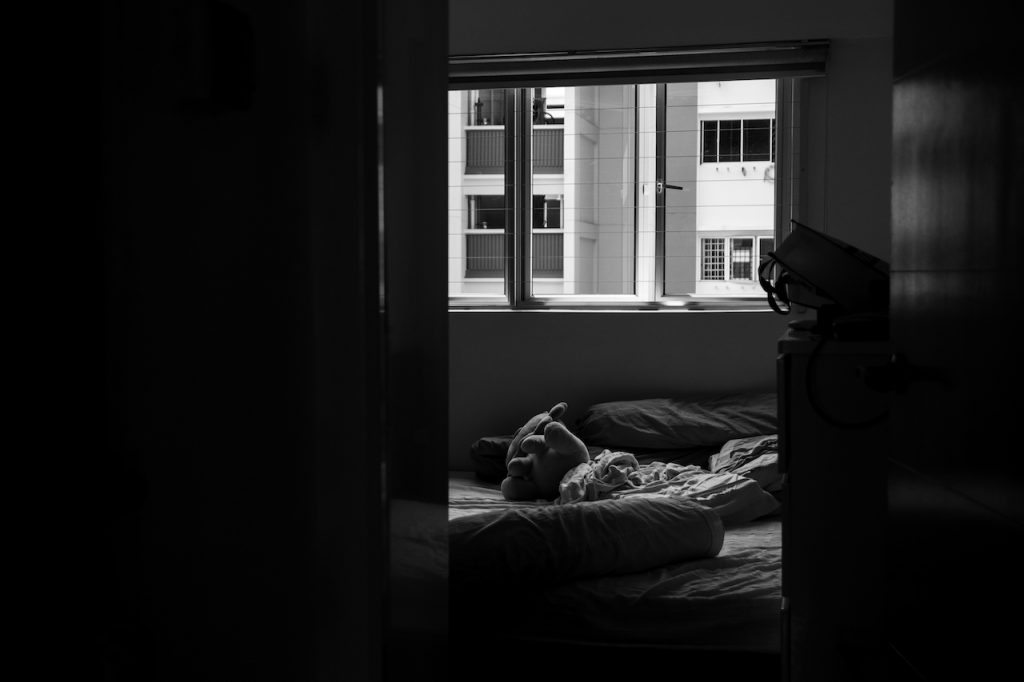
Side effects include difficulty waking up and drowsiness.
These medications come with caveats. I must take them every day or else.
Withdrawal symptoms will immediately set in. And these are not good feelings. My hands tremble 10 times more than usual. Cold sweats start breaking. I cough non-stop. And I become more manic than usual.
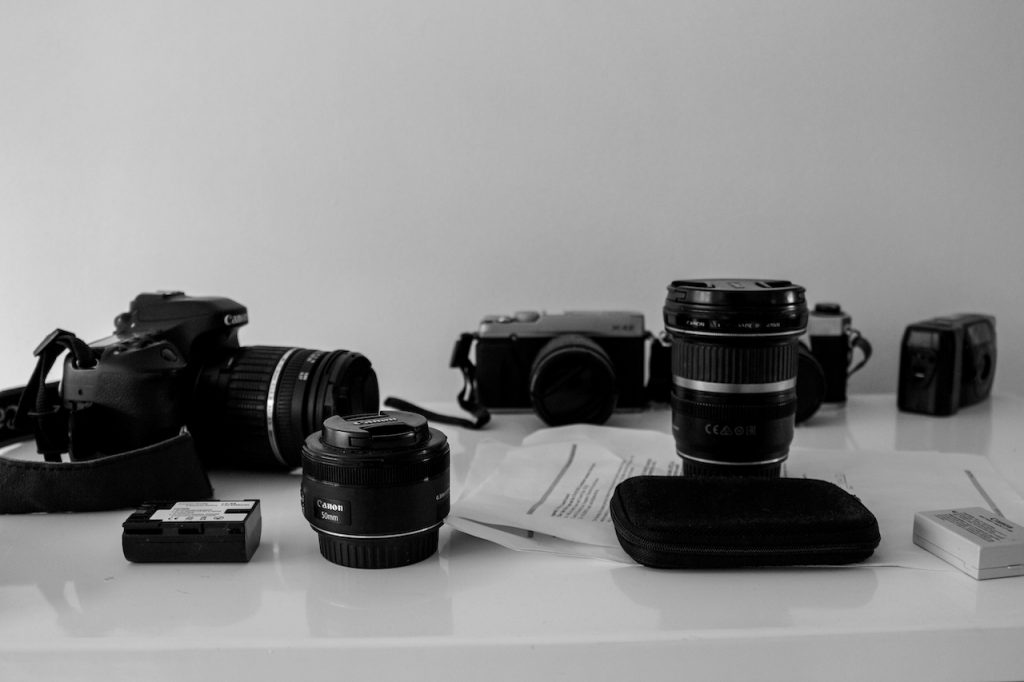
Photography and cameras have become a “healthy” coping mechanism. They give me a proper outlet to express myself. These are my babies. I have formed an emotional bond with them.
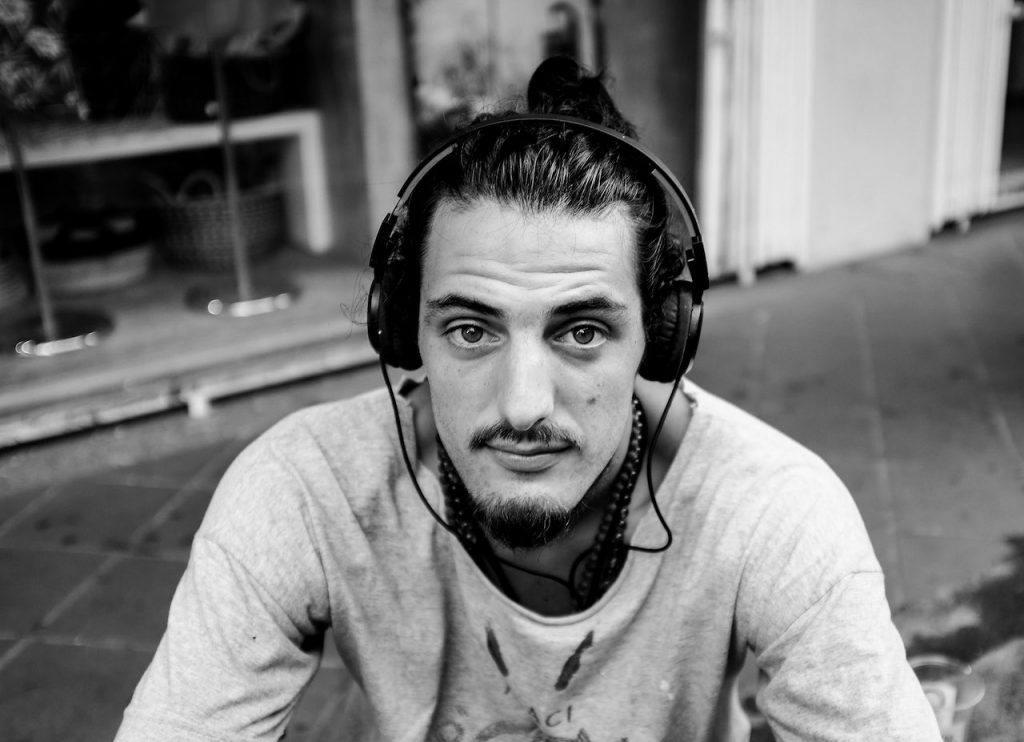
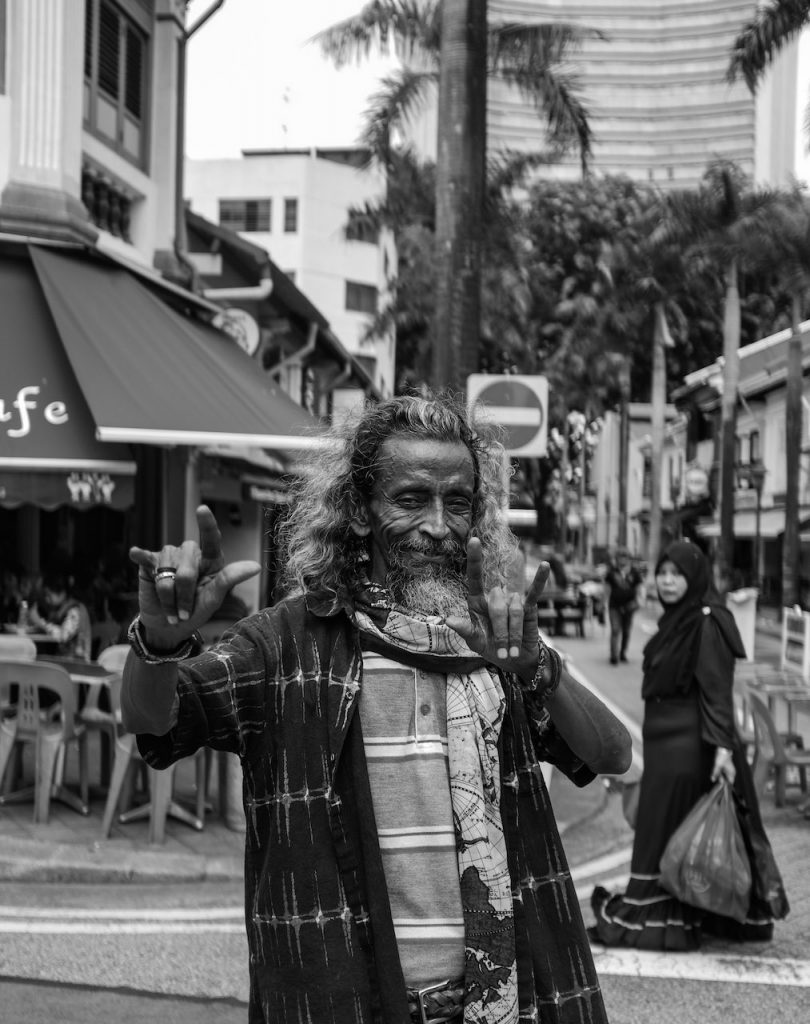
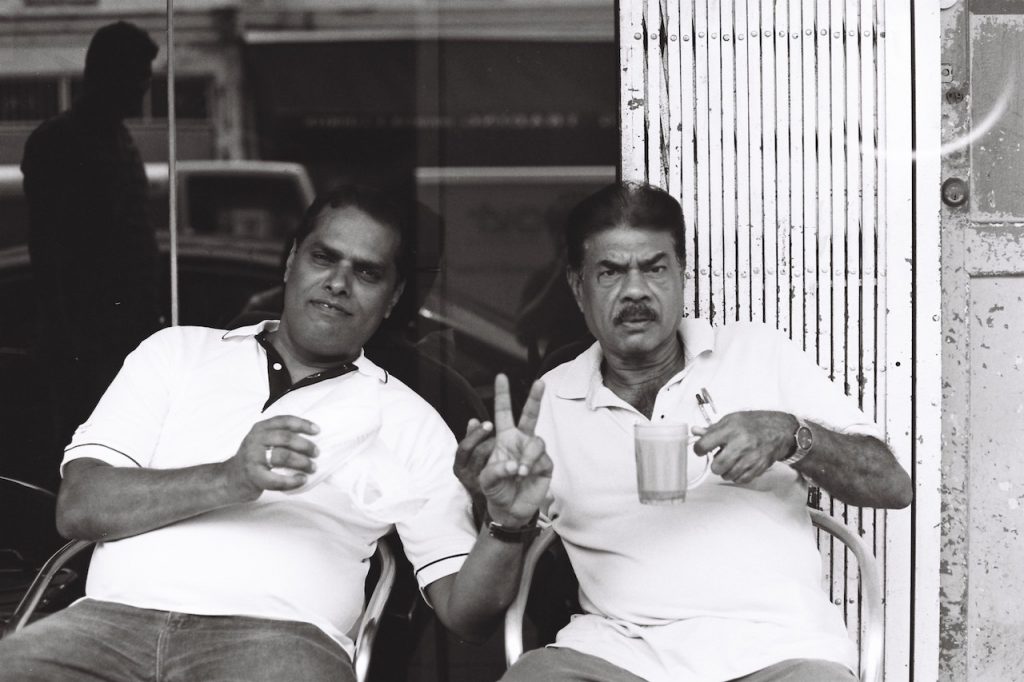
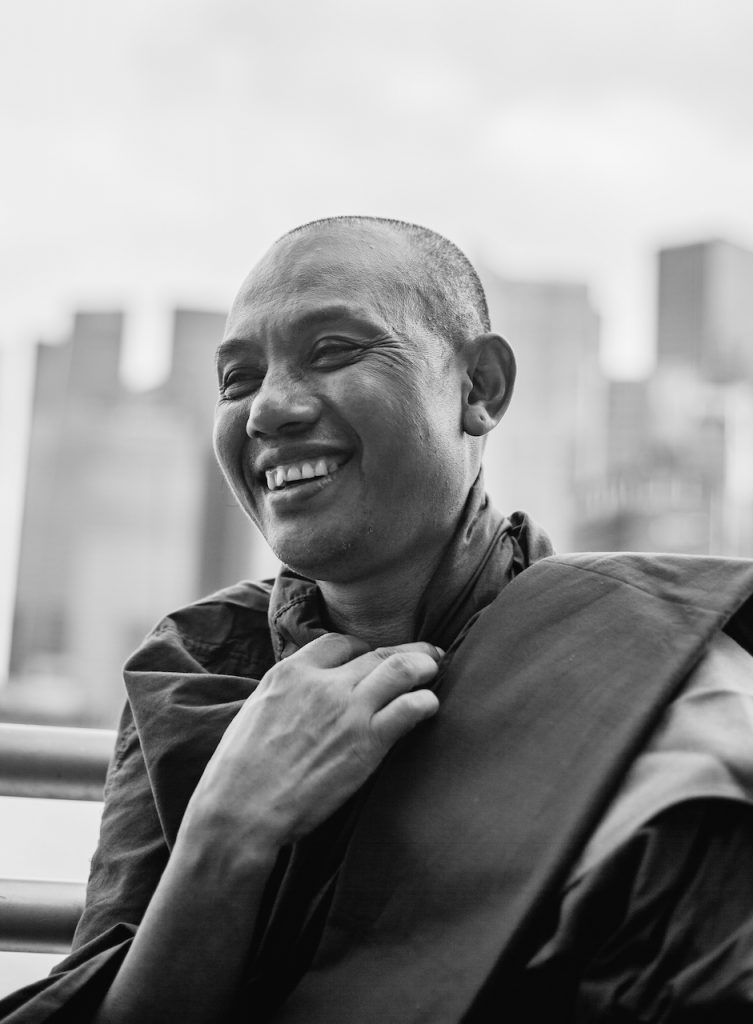
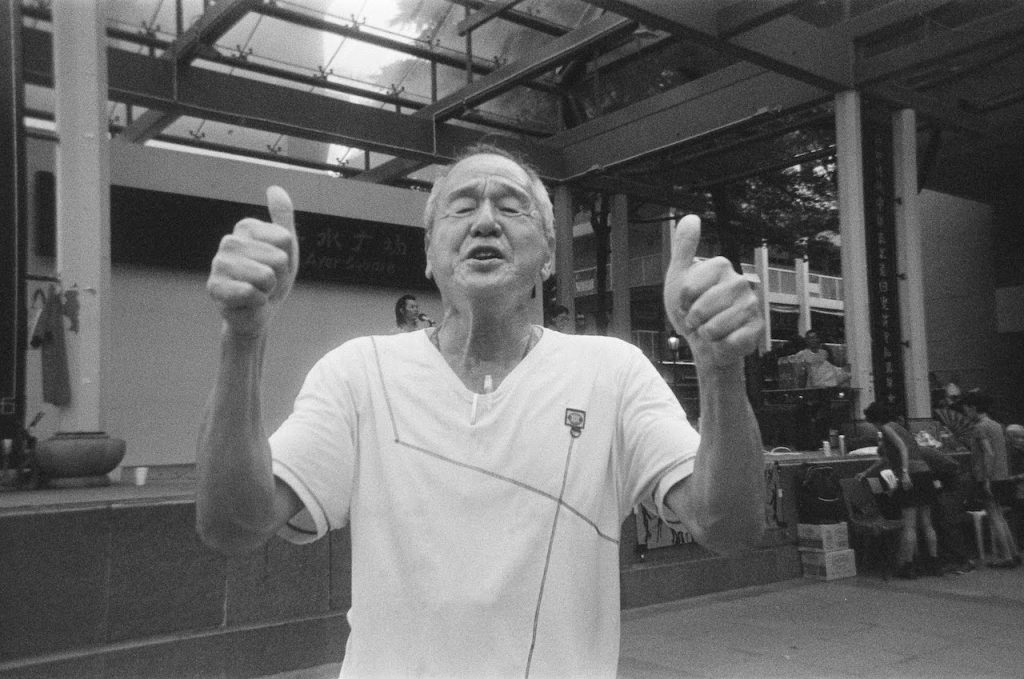
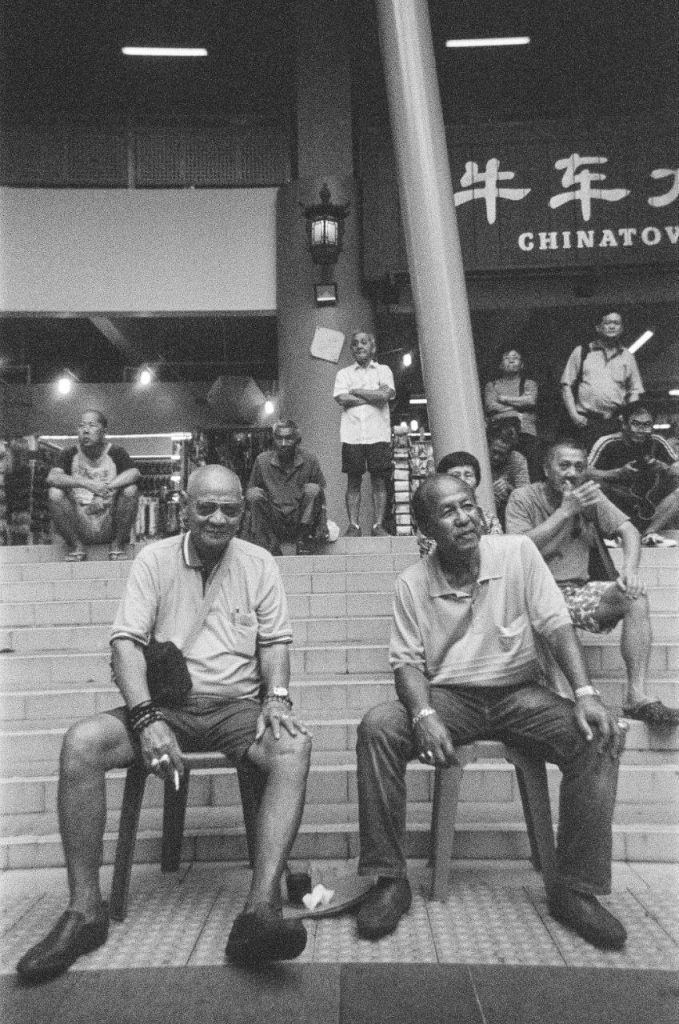
Some photos I shot during my NS days.
I love shooting random strangers. Seeing them smile in my photos gives me a most genuine happiness; I feel like things matter. Photography keeps me going and having something to work towards. In the future, I hope I can help others with my work, like how it has helped me.
Not all is bad about having a mental health condition. I’ve slowly learnt to embrace my condition as something positive. It’s still a long work in progress. But it’s getting better.
I’ve learnt that true happiness is a blessing and not to be taken for granted. To cherish every single moment you are happy and not to worry about the storm later. It’s also taught me to enjoy the moment, to not constantly worry about what will happen next.
The feeling of not being good enough is used to push myself to constantly work towards my goals while enjoying the moment admiring my own work. It’s also taught me empathy, and to be nice to others as everyone is going through some pain in their life, and to use my work to help those in need.
All in all, I am glad and grateful that my condition has made me a better person, that it has taught me many life lessons. Even though I do not like to be defined by my condition, in sort of a good way, it defines me as a person.
Want to share your story about your own struggles with mental illness? Write to us at community@ricemedia.co.
